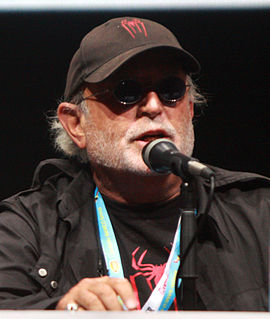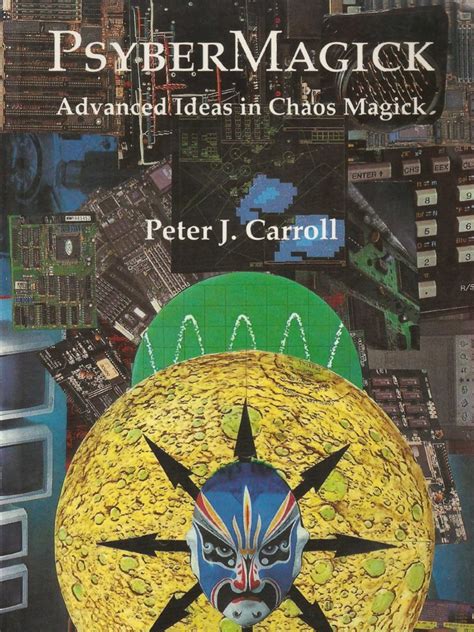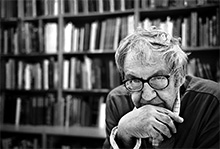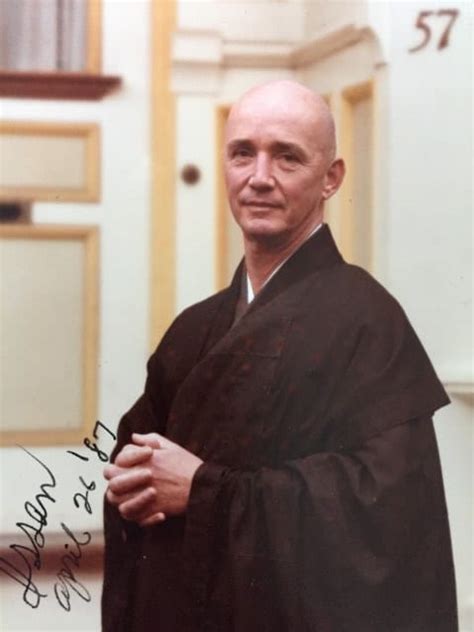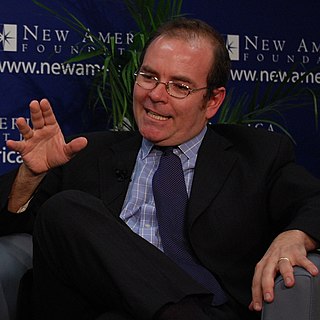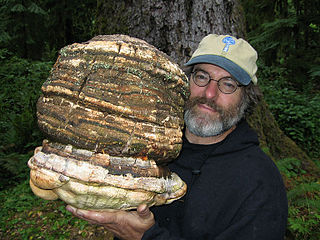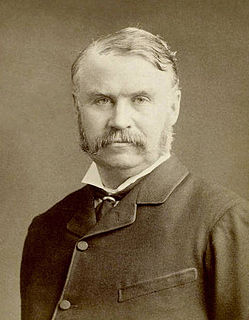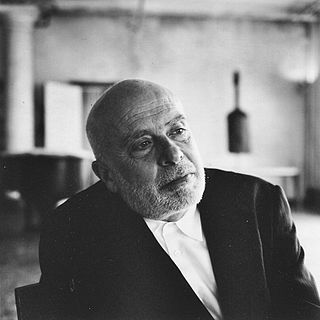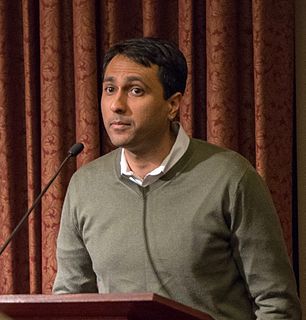Top 1200 Buddhist Philosophy Quotes & Sayings - Page 13
Explore popular Buddhist Philosophy quotes.
Last updated on December 19, 2024.
There is a director who should make 'Silver Surfer' - he is mentally committed to it. He's doing another movie now. What's most important to me about this guy, first, is that he's incredible with visuals. But he's also a spiritual guy, a Zen Buddhist. ... Galactus is a force of nature, not a being. That's all I'm saying.
Philosophy, for Plato, is a kind of vision, the 'vision of truth'...Everyone who has done any kind of creative work has experienced, in a greater or less degree, the state of mind in which, after long labour, truth or beauty appears, or seems to appear, in a sudden glory - it may only be about some small matter, or it may be about the universe. I think that most of the best creative work, in art, in science, in literature, and in philosophy, has been a result of just such a moment.
The individuation of dharma practice occurs whenever priority is given to the resolution of a personal existential dilemma over the need to conform to the doctrines of a Buddhist orthodoxy. Individuation is a process of recovering personal authority through freeing ourselves from the constraints of collectively held belief systems.
I just want to live as a simple Buddhist monk, but during the last thirty years I have made many friends around the world and I want to have close contact with these people. I want to contribute to harmony and peace of mind, for less conflict. Wherever the possibililty is, I'm ready. This is my life's goal.
Well it's always been an interesting area for me. In referencing something I just reread from Dogen it says, "Enlightenment doesn't break the person anymore than the reflection breaks the water" and Suzuki in his commentary is saying you don't lose your personality once you acquire some sort of Buddhist understanding.
When asked if I consider myself Buddhist, the answer is, Not really. But it's more my religion than any other because I was brought up with it in an intellectual and spiritual environment. I don't practice or preach it, however. But Buddhism has had a major effect on who I am and how I think about the world. What I have learned is that I like all religions, but only parts of them.
If one believes philosophers, then what we call religion is only a deliberately popularized or an instinctively artless philosophy. Poets seem to consider religion rather as a variation of poetry which by misjudging its proper beautiful game takes itself too seriously and one-sidedly. Philosophy, however, admits and recognizes that it can begin and complete itself only with religion. Poetry seeks only to strive for the infinite and despises worldly utility and culture, which are the true antitheses of religion. Eternal peace among artists is thus not far away.
An imbecile habit has arisen in modern controversy of saying that such and such a creed can be held in one age but cannot be held in another. Some dogma, we are told, was credible in the twelfth century, but is not credible in the twentieth. You might as well say that a certain philosophy can be believed on Mondays, but cannot be believed on Tuesdays. You might as well say of a view of the cosmos that it was suitable to half-past three, but not suitable to half-past four. What a man can believe depends upon his philosophy, not upon the clock or the century.
You can't bullet-point Trump's political beliefs because he doesn't have them. He's got various things he wants, needs, wants to accomplish, based on circumstances at the moment, not based on a philosophy. Now, there's a foundation. The foundation for Donald Trump is "Make America Great Again." It's the greatest place on earth and we're gonna build it back up and it's gonna be the greatest no matter what, compared to whoever, it's gonna be the greatest. So, I mean, you can say that. But that's not a political philosophy. That's an objective or a series of goals.
The Federalist Society is this conservative legal organization. And I think, for the Bush administration, being a member of the Federalist Society meant you were - a reliable, ideological, partisan Republican. It wasn't enough just to be registered as a Republican, or to be - have a generally conservative judicial philosophy, or prosecutorial philosophy. It meant that, basically, meant that you were a real movement conservative, a Party regular. That's what being a Federalist Society member means.
The sublime can only be found in the great subjects. Poetry, history and philosophy all have the same object, and a very great object-Man and Nature. Philosophy describes and depicts Nature. Poetry paints and embellishes it. It also paints men, it aggrandizes them, it exaggerates them, it creates heroes and gods. History only depicts man, and paints him such as he is.
In our usual mind state, we are continually activating the process that in Buddhist terminology is known as 'bhava,' which literally means 'becoming.' In this space of becoming, we are subtly leaning forward into the future, trying to have security based on feeling that we can hold on, we can try to keep things from changing.
Maitake mushrooms are known in Japan as 'the dancing mushroom.' According to a Japanese legend, a group of Buddhist nuns and woodcutters met on a mountain trail, where they discovered a fruiting of maitake mushrooms emerging from the forest floor. Rejoicing at their discovery of this delicious mushroom, they danced to celebrate.
Many people entertain the idea that Christianity,like almost any other religion,is basically a system of beliefs-you know, a set of doctrines or a code of behavior, a philosophy, an ideology. But that's a myth. Christianity is not at all like Buddhism or Islam or Confucianism. The founders of those religions said (in effect), 'Here is what I teach. Believe my teachings. Follow my philosophy.' Jesus said, 'Follow me'(Matthew 9:9). Leaders of the world's religions said, 'What do you think about what I teach?' Jesus said, 'Who do you say I am?'(Luke 9:20)
If you decide to go on a Buddhist path, you have to be careful if you start mixing a lot of different traditions you are not totally familiar with - mixing this kind of meditation with that kind of practice or this kind of visualization with that kind of mantra. Then you really are concocting your own thing, and you have no idea what is going to happen.
Maitake mushrooms are known in Japan as “the dancing mushroom.” According to a Japanese legend, a group of Buddhist nuns and woodcutters met on a mountain trail, where they discovered a fruiting of maitake mushrooms emerging from the forest floor. Rejoicing at their discovery of this delicious mushroom, they danced to celebrate.
I think that young people are going to continue on with the work on pluralism for two reasons, really. One is because it's the reality of the world that they live in, and I think young people from different backgrounds are asking themselves, what does it mean for me to be a Buddhist and friends with a Baptist?
I remember a Buddhist teachers reflections on the Holocaust...What terrible karma those Jews mustve had... This kind of fundamentalism, which blames the victims and rationalizes their horrific fate, is something no longer to be tolerated quietly. It is time for... modern Buddhism to outgrow it by accepting social responsibility and finding ways to address such injustices.
In my view, there was a long period in which analytical philosophy had little to say about ethics. I think their intellectual tools did not do well with it, and analytical philosophy was above all about revolutionizing the philosophical tool box. It was more or less assumed that the Truth about ethics was some form of utilitarianism (perhaps because some consequentialist calculus looked to them like a respectable tool). Kantian ethics was then interpreted as a particularly odious version of the False - "deontology" - and treated with contempt.
This is the personal side of things. When I started going through some of those transitions in my mind, just as a human being versus as an artist, I tried to... Essentially, I did this thing called Landmark Forum. It's three days of mind-expanding, existential philosophy, like Jean-Paul Sartre for everyday living. In existential philosophy they talk about "Being and Nothingness," this idea of not putting meaning onto things, and that in that way you live more purely. In other words, we form reality from these stories that we make up about our lives.
All my life I’ve pursued the perfect red. I can never get painters to mix it for me. It’s exactly as if I’d said, ‘I want rococo with a spot of Gothic in it and a bit of Buddhist temple’—they have no idea what I’m talking about. About the best red is to copy the color of a child’s cap in any Renaissance portrait.
There are energies that reside in each phone and phoneme. And we can release them. And it can be grand and vast and you can create a realm where you can dwell for a while. Where things are perfect symbols of themselves, no manipulation. And that connects to me to the Buddhist view. From that perspective we can wake up on the spot, be conscious of our world, think of others.


